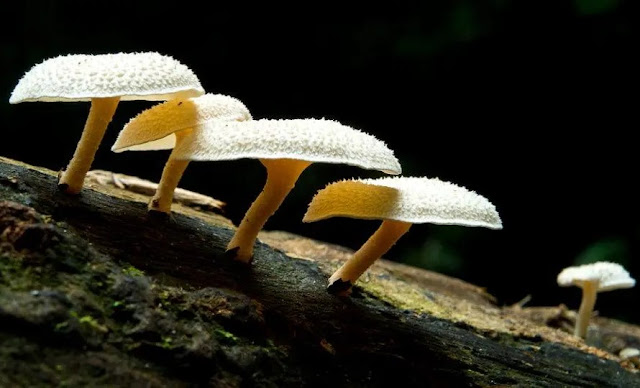A group of students of Biochemistry at Yale University have discovered a fungus, called Pestalotiopsis microspora, which can break down plastic. The finding may be a "breakthrough" for the recycling sector, experts say.
The discovery occurred when students Pria Anand, Jeffrey Huang and Jonathan Russell conducted a study in the Ecuadorian Amazon collecting bodies -Mushrooms endophytes or bacteria that live at least part of their lives in symbiosis in plant tissues without causing sickness and They found the species. After the finding, published in Applied and Environmental Microbiology, Anand decided to investigate whether the endophytes he had collected had biological activity in the presence of plastic, while Huang investigated the ability of organisms to break chemical bonds. In this way they were able to identify the most efficient enzymes in the decomposition of polyurethane, a plastic widely used in the manufacture of synthetic fibers, parts for electronic devices and foams for thermal insulation.
Experts point out that several species of fungi can decompose plastic at least partially, but "Pestalotiopsis is the only one that can do it without the presence of oxygen", something that they consider "fundamental" for future landfill applications.
Yale students have also indicated that, with the help of this fungus, objects such as plastic bags, "which take years to decompose," could have "a shorter life." However, they have also warned that transforming a laboratory finding into an industrial-scale tool will be a long process.











